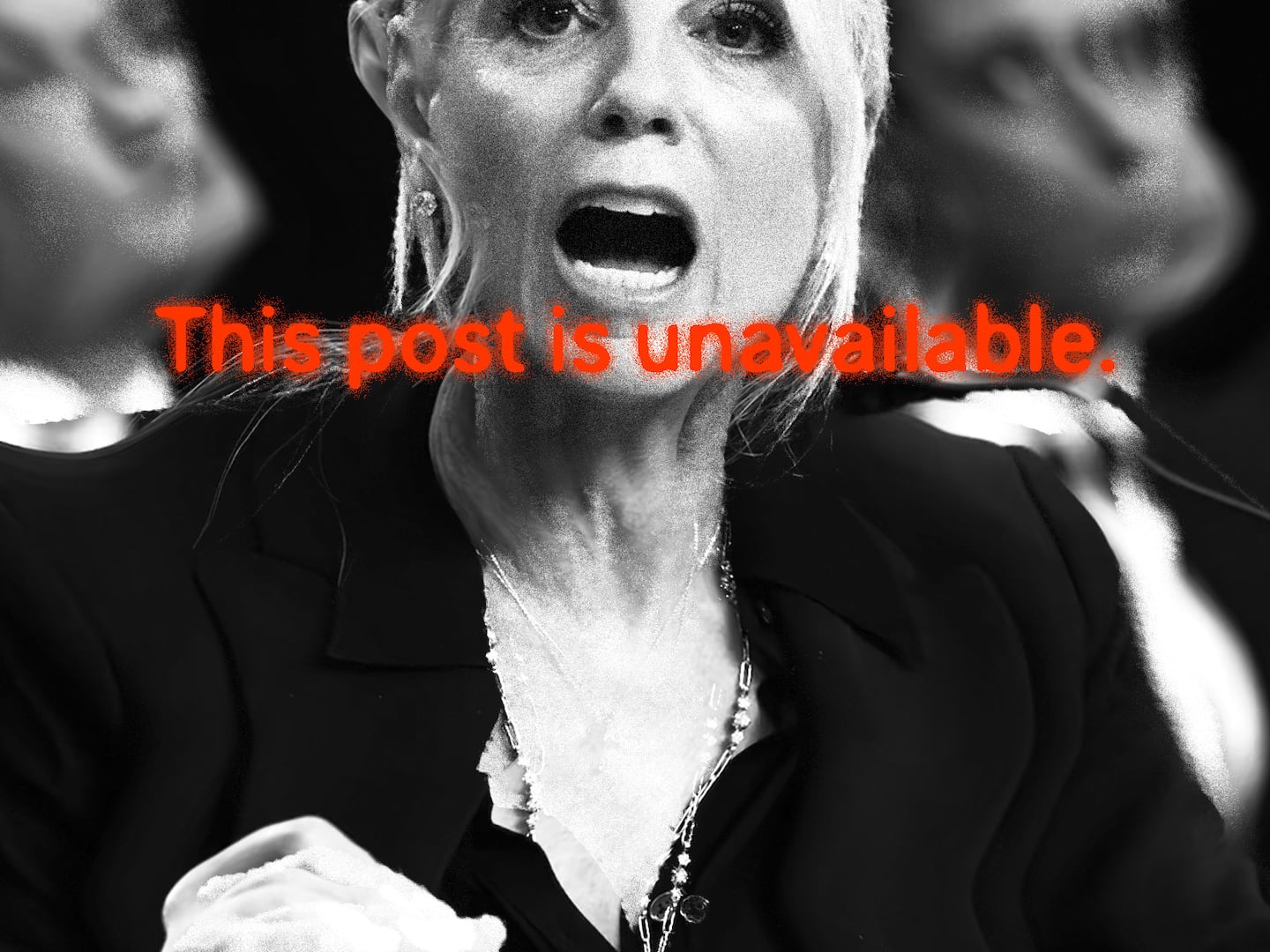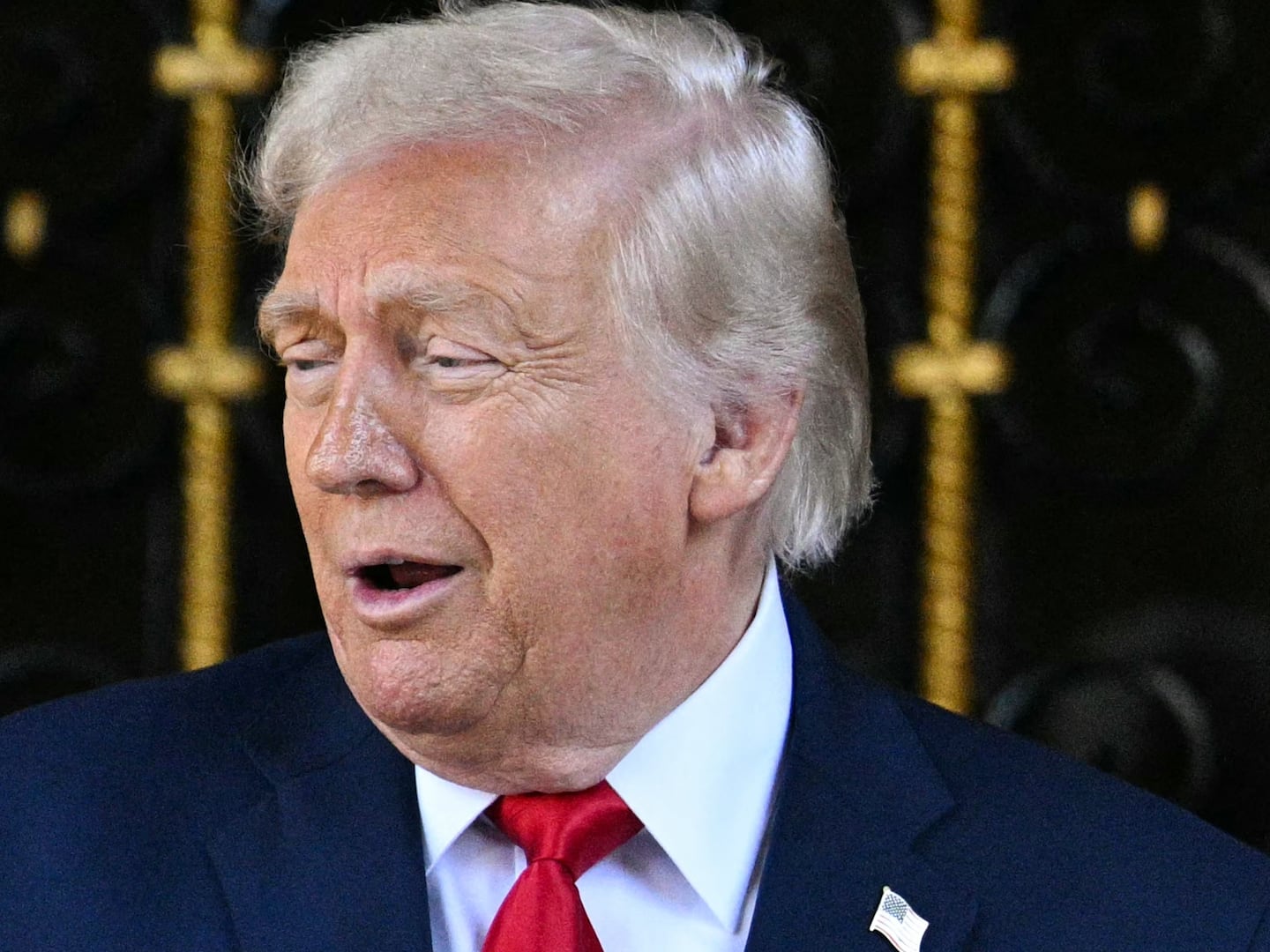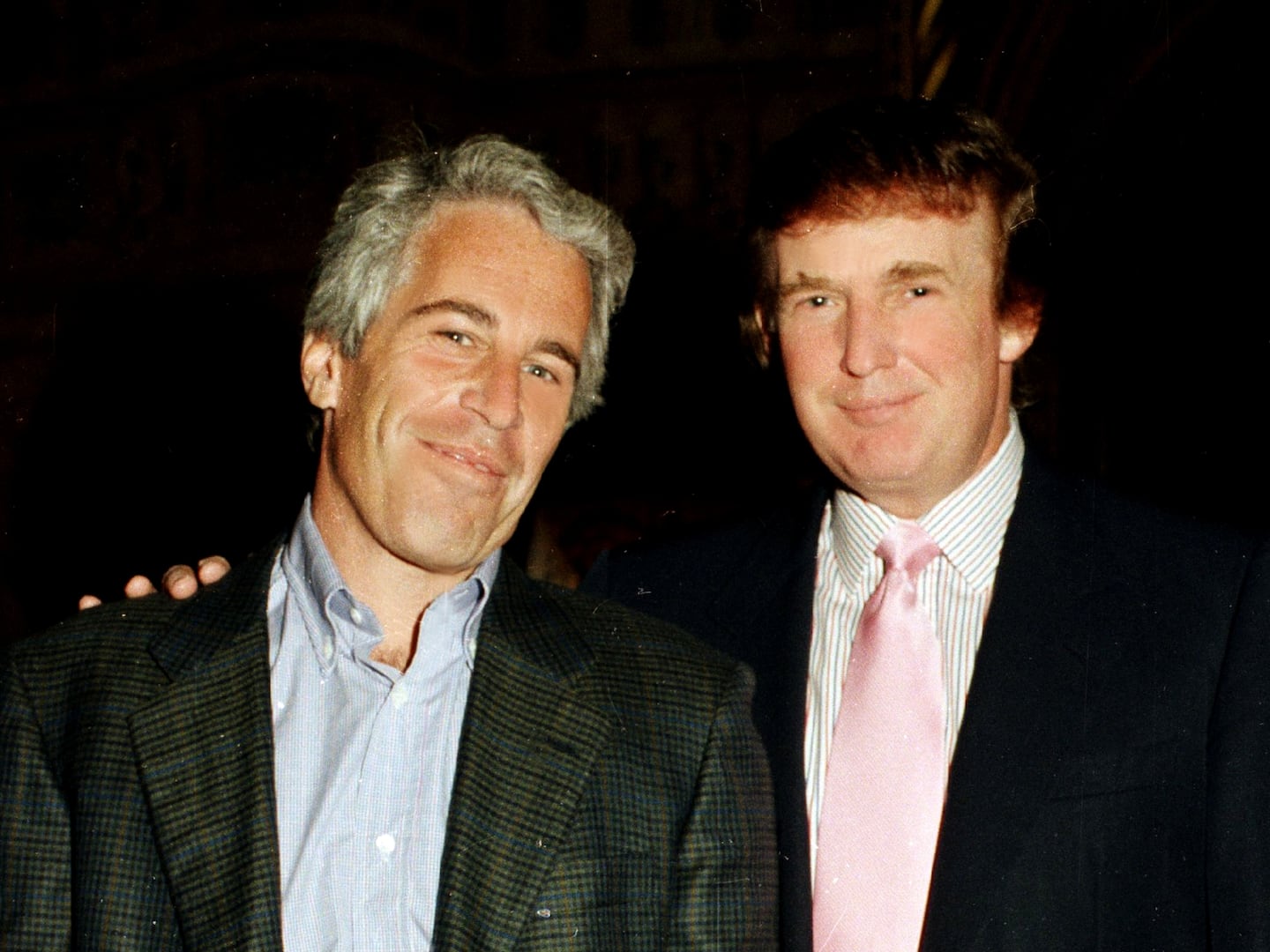
The “Oba-Mao” T-shirts on souvenir stands around town were sellouts and his entourage snarled traffic for miles. But President Barack Obama’s first visit to China has been a very different sort of presidential visit, more celebrity than serious, and more about appearances than real policy progress.
For the first time, the United States needs China—as a buyer of U.S. Treasury bonds and as a market for its goods, to boost the plummeting unemployment rate back home. Beijing knows it, and is basking in this new role as the other half of what many are calling a new G2.
Chinese leaders were able to lecture the world’s most powerful president about protectionism and other trade barriers, and Obama had little choice but to listen.
But listening is something many Chinese have had difficulty doing during Obama's visit. Chinese authorities have gone to great lengths this year to close access to Internet forums following a series of sensitive anniversaries, including the 20th anniversary on June 4th of the mowing down of student protesters at Tiananmen Square and the 60th anniversary of Mao’s communist revolution, and unrest in the predominantly Muslim Xinjiang region in the country’s far west. Twitter, Facebook, several blog hosting sites and many Chinese-language forums have been blocked for months.
So it’s little surprise that those same authorities would react coldly to the idea of an Obama-trademark-style appearance of open questions and answers, shown live to Chinese audiences. The two sides negotiated the arrangement until the 11th hour, agreeing on live broadcasts limited to Shanghai-area television and live-streamed video through the Xinhua wire service Web site—only to have the latter also shut down at the last minute in favor of a edited, printed transcript. The majority of those students attending were later determined to be Communist Party loyalists, with two of the questions coming from the party's student leaders. And to make absolutely sure the masses did not get wind of either Obama’s statements on the need for greater openness or his distinctly un-Chinese approach to dialogue with the next generation, that night’s state news broadcast on CCTV made no mention of his Shanghai appearance and even buried news of his arrival in the country. Even most comparatively sophisticated Beijingers had no idea that Obama had even begun his visit there.
Dutifully, Obama traveled on to Beijing, breezed through the stunning Forbidden City in 30 minutes, attended a state dinner with Chinese President Hu Jintao and set foot on the Great Wall. And, once he arrived in Beijing, photos of Obama’s visit were splashed across the nightly news and state-run newspapers, with state-approved headlines assuring readers the visit had done much to advance China’s interests.
However, amid all the diplomatic niceties, what Obama hasn’t done is devote much attention to China’s terrible human-rights record.
As happens with every major political visit, Obama’s administration faced pleas for meetings from leading Chinese dissidents and human-rights groups. Chinese security officials detained several and hustled others out of town ahead of the official visit, just as they did when Secretary of State Hillary Clinton was here this year.
A local human-rights group said at least 20 were detained, put under house arrest, or otherwise prevented from traveling during the visit.
With heavy security around the central hotel where Obama stayed, there were no visible attempts at protest. One effort last week, in a park near the same hotel, was swiftly shut down by police who loaded demonstrators into vans, though not fast enough to prevent the filming of struggling demonstrators—including one woman who spoke not a word but flashed a T-shirt saying “I want human rights”—as they were dragged away. The footage later ended up on YouTube, which is also still blocked in China.
Even an American woman, a Harvard graduate named Julie Harms now living in China, was arrested when she tried to present a letter to Obama protesting the continuing detention of her Chinese fiancé, in an apparently trivial neighbors’ dispute.
But perhaps the security thugs needn’t have worried. Obama, while gently raising the need to expand basic rights and freedoms in both his discussions with the university students and in his meeting with Hu, did not publicly reserve time to meet with human-rights groups—likely because the United States cannot now afford to lose favor with China.
As Obama himself told a room of journalists in that tightly scripted press conference, “China’s partnership has proved critical in our efforts to pull ourselves out of the worst recession in generation.” Until the economic hardship has passed, his administration finds itself with little choice but to continue with its deference to China’s growing economic might.
Carolynne Wheeler is a Canadian journalist based in Beijing. Her work has also appeared in The Daily Telegraph, The Guardian, Monocle magazine (UK) and The Globe and Mail.






